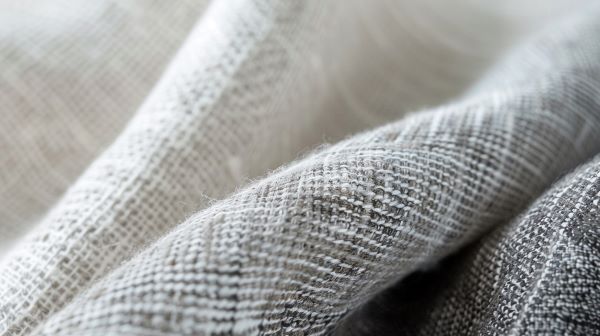What is antimicrobial cloth?
Antimicrobial cloth refers to fabric treated with agents which inhibit the growth of microorganisms like bacteria, fungi and viruses. Antimicrobial fabric offers additional protection from such contamination while providing comfort during sports or everyday wear applications. This makes antimicrobial cloth ideal for healthcare applications as well as hygiene related projects like sportswear or everyday apparel applications.
How do antibacterial cloth work?
Antibacterial cloths work by embedding antimicrobial agents within their fabric. These agents may either chemically bond to fibers or be embedded within it for increased effectiveness at inhibiting microbial growth; some common mechanisms include:
Disruption of Cell Membranes: Antimicrobial agents can disrupt bacteria cell membranes, leading to rupture and death.
Inhibition of Cell Metabolism: Some agents interfere with metabolic processes of microorganisms to stop them from multiplying or replicating.
Blocking Nutrient Uptake: Antimicrobial agents kill microbes by starving them of essential nutrients they require for survival; in this manner, blocking their uptake may eventually result in their deaths.
Oxidative Stress Induced in Microbes: Certain antimicrobial compounds may induce oxidative stress within microbes which leads to cell damage and death.
How to Make an Antimicrobial Cloth
Assembling an antimicrobial cloth requires adding antimicrobial agents into its fabric. Here is an outline of this process:
Select Effective Antimicrobial Agents: Select effective antimicrobial agents such as silver ions, copper and zinc compounds as well as organic compounds like triclosan and chitosan for effective results. The silver, copper and zinc ion type are usually more safe and lasting compared with the organic one.
Application Methods for Applying the Agents: These antimicrobials may be applied using various techniques including:
Coating: Applying a thin coating of antimicrobial agent directly on fabric surface. Impregnation: Soaking fabric in solution that contains antimicrobial agent.
Extrusion: Integrating antimicrobial agents directly into fiber manufacturing process during manufacture process. That is suitable for synthetic fabric such as polyester, polyacid, polyamide fibers. This method use antimicrobial powder or antimicrobial masterbatch as additive mixed together with the plastic pellet to produce antimicrobial fiber and cloth.
How Can You Test Antimicrobial Effect of Cloth
Conducting antimicrobial efficacy tests to make sure a cloth will perform as intended is of critical importance for its success. Here are several effective techniques:
Qualitative Methods:
Zone of Inhibition Test: Place your cloth sample onto an agar plate that has been inoculated with bacteria. Note any clear areas (zones of inhibition) around where bacteria cannot grow on it. With respect to quantitative methods:.
AATCC 100 Test: Determine whether there has been any reduction in bacteria counts after exposure for a specified time, relative to an untreated control sample.
ISO 20743 Test: Evaluate antimicrobial properties using different microorganisms and incubation times on textile samples.
Field Testing: Carry out real world field tests by placing cloth in environments susceptible to microbial contamination and monitoring how quickly their load decreases over time.
AntibacMax Antimicrobial Agents
AntibacMax offers an exceptional collection of powerful antimicrobial agents designed to enhance fabric protection. AntibacMax stands out:
Broad Spectrum Efficacy: Effective against bacteria, fungi and viruses in general; durability means long lasting antimicrobial protection that stands up against multiple washes and prolonged use.
Safety: Non-toxic and safe for skin contact, making this solution suitable for clothing, bedding and medical textiles.
Versatility: Compatible with various fabric types and application methods.
Conclusion
Antimicrobial cloths have revolutionized hygiene and health protection across several fields. By understanding their mechanisms of operation, production processes, testing protocols and efficacy evaluation methods we can ensure the highest standards of protection are upheld. With AntibacMax you can rely on reliable antimicrobial solutions that keep you comfortable while being safe – discover AntibacMax today and experience its difference in antimicrobial protection!


-300x210.jpg)
